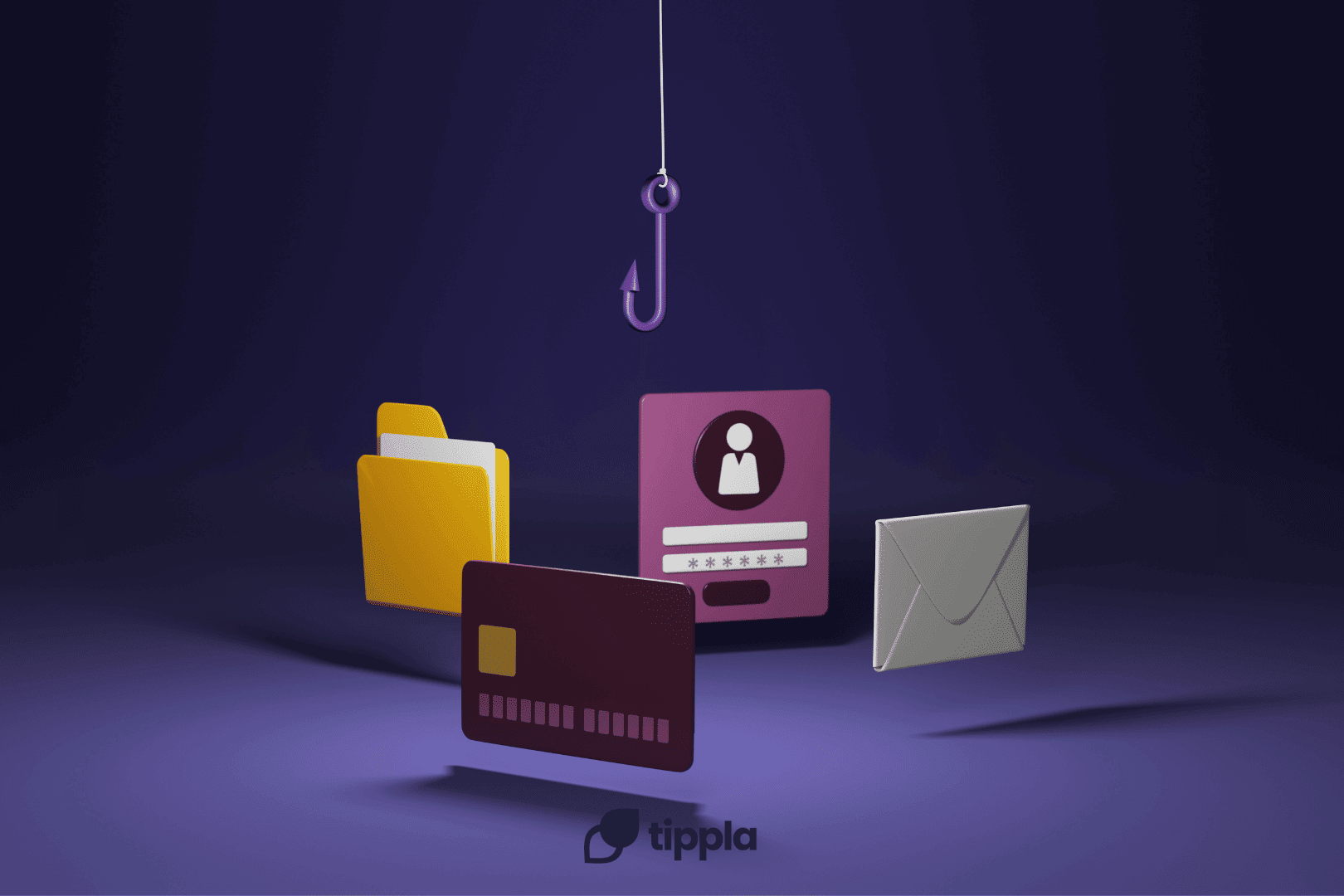Published in November 22, 2023
Answering Australians’ Top Questions About Credit Enquiries

In a nutshell, credit enquiries occur when you apply for any type of credit. Lenders use these enquiries to assess your creditworthiness and determine the risk of lending to you. It’s like a financial snapshot that showcases your borrowing history and helps lenders decide whether you’re a reliable candidate for their financial offerings.
In this article, we have collected a few of the top questions that are always been asked about credit enquiries, and we’ve tried our best to simplify this stuff for everyone.
How many credit enquiries are too much?
The impact of credit enquiries on your credit score can vary depending on various factors, including the scoring model used and your overall credit history. While there’s no specific number of enquiries that are universally considered “too much,” multiple hard enquiries within a short period can raise concerns among lenders.
When you apply for credit, the lender typically performs a hard enquiry on your credit report to assess your creditworthiness. Each hard enquiry can have a small, temporary negative impact on your credit score. However, credit scoring models typically take into account that consumers may shop around for the best loan terms, particularly for mortgages, auto loans, or student loans. Therefore, they often treat multiple enquiries for the same type of loan within a certain time frame as a single enquiry, minimising the impact on your score.
However, if you have a large number of enquiries over a short period and across different types of credit (credit cards, personal loans, etc.), it could be interpreted as a sign of financial distress or irresponsible behaviour. This might result in a more significant impact on your credit score and could make lenders view you as a higher-risk borrower.
Tippla is a reputable and convenient resource for individuals interested in checking their credit scores online. They have established partnerships with two of the world’s largest credit bureaus, Equifax and Experian, ensuring you receive accurate and up-to-date information. Tippla’s services are also entirely free, allowing you to monitor your credit report without any financial burden.
You must check the quantity of listed enquiries and the gaps in time between them as soon as you receive your credit report. In general, your credit score will benefit more from these enquiries being spaced out across time. It’s also possible to stumble across entries that you might not be familiar with or recall.
How many points does your credit drop with a hard enquiry?
Typically, a single hard credit check can trim anywhere from 5 to 10 points off your credit score. In Australia, the credit landscape is monitored by three major credit reporting agencies: Equifax, Experian, and Illion. Equifax provides a credit score up to 1,200, Experian and Illion cap it at 1,000. While a minor score dip may seem inconsequential as a one-time occurrence, consecutive hard credit checks can accumulate and pose a risk to your creditworthiness. Lenders, reviewing a sequence of such checks on your credit report, might become hesitant to greenlight your loan application.
Does a credit freeze stop hard enquiries?
Yes, a credit freeze typically stops hard enquiries on your credit report. When you initiate a credit freeze, it restricts access to your credit report, making it challenging for potential creditors to perform hard enquiries. A hard enquiry occurs when you apply for credit, and it can impact your credit score. With a credit freeze in place, even if someone attempts to check your credit without your authorisation, the freeze acts as a barrier, thwarting hard enquiries.
It’s important to note that while a credit freeze offers robust protection against unauthorised access, it doesn’t impact your existing credit accounts or your credit score directly.
Can I delete credit enquiries?
You cannot delete a legitimate credit enquiry from your credit report, and they typically stay on your report for around 5 years before automatic removal. However, opportunities for correction arise when dealing with incorrect or inaccurate details such as unauthorised credit enquiries.
An unauthorised credit enquiry is a credit check that is performed on your credit report without your permission. This can happen due to identity theft, errors by credit bureaus or lenders, or even data breaches. Unauthorised enquiries can negatively impact your credit score by making it appear that you are applying for more credit than you are.
In such cases, you have the right to dispute and request corrections to ensure the accuracy of your credit report.
Pre-approval Enquiries, Application Enquiries, and Account Review Enquiries: What’s the difference?
Pre-approval enquiries
Pre-approval enquiries are assessments conducted by lenders when individuals apply for pre-approval for financial products such as loans or credit cards. These enquiries serve to evaluate the creditworthiness of the applicant and determine the amount they may be eligible to borrow. This step helps streamline the application process and provides applicants with a clearer understanding of their potential eligibility.
Unlike hard enquiries, which can have a temporary impact on credit scores, pre-approval enquiries are commonly soft enquiries.
Application enquiries
Application enquiries commonly occur when individuals seek new credit through activities like applying for loans, credit cards, or mortgages. Application enquiries are evaluations made by lenders or other financial organizations to determine a person’s creditworthiness. These enquiries signal the beginning of applications for other types of credit, such as credit cards or mortgages. These are used by lenders to carefully assess a borrower’s risk profile through a thorough examination of financial factors such as income, debt-to-income ratio, and credit history.
Application enquiries often involve hard enquiries, and can temporarily lower credit scores. Multiple hard enquiries in a brief timeframe may raise concerns for lenders, affecting the approval chances for new credit.
Account review enquiries
An account review enquiry is a type of credit enquiry that involves the review of an individual’s credit or deposit accounts. This enquiry often occurs in connection with a loan application, credit evaluation, or other financial transactions. Unlike “hard enquiries,” which result from direct applications for credit, account review enquiries are typically considered soft enquiries and do not impact the credit score.
Account review enquiries play a role in helping lenders evaluate a borrower’s credit profile and make informed decisions about extending credit.
Tips for Managing and Minimising Credit Enquiries
Managing and minimising credit enquiries is crucial for maintaining a healthy credit profile. Here are some tips to help you navigate this:
- Check Your Credit Report Regularly: Stay informed about your credit activity by checking your credit report regularly. This allows you to identify any unauthorised or inaccurate enquiries.
- Understand the Types of Enquiries: Differentiate between hard and soft enquiries. Soft enquiries, like background checks, do not impact your credit score. Reserve hard enquiries for essential credit applications.
- Pre-Qualification Offers: Be cautious with pre-qualification offers. While they don’t impact your credit score, responding to them may result in a hard enquiry.
- Avoid Excessive Credit Applications: Limit the number of credit applications. Frequent applications may raise concerns about your financial stability.
- Use Online Tools: Utilise online tools to pre-check eligibility for loans without impacting your credit score. This can provide insights into your likelihood of approval.
- Consider Professional Advice: If you anticipate major credit decisions, consider seeking advice from financial professionals to strategise and minimise the impact on your credit.
Still have burning questions not included in our list above? Just drop us a note and we can answer that for you.
While we at Tippla will always do our best to provide you with the information you need to financially thrive, it’s important to note that we’re not debt counsellors, nor do we provide financial advice. Be sure to speak to your financial services professional before making any decisions.
Related articles

The Impact of Student Loans on Long-term Financial Planning
01/07/2024
Student loans, particularly through Australia’s Higher Education Loan Program...

Understanding Superannuation in Australia
01/10/2024
Superannuation, commonly known as “super,” is a crucial element...

Loan Forgiveness Programs in Australia
23/01/2025
Loan forgiveness, also known as debt forgiveness, is a...

Credit Scores and Credit Scams: Protecting Yourself from Fraudulent Practices
02/10/2023
Credit scores play a pivotal role in financial stability...
Subscribe to our newsletter
Stay up to date with Tippla's financial blog